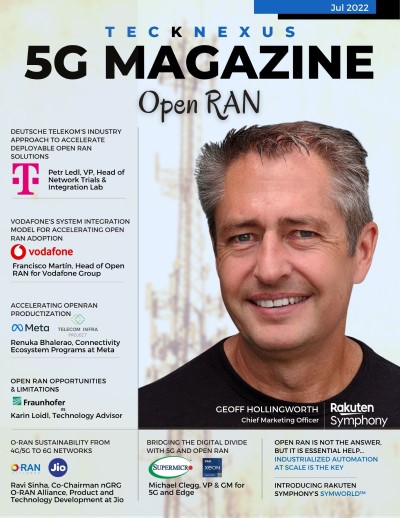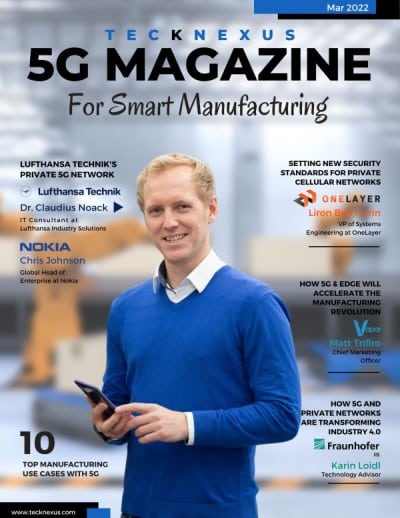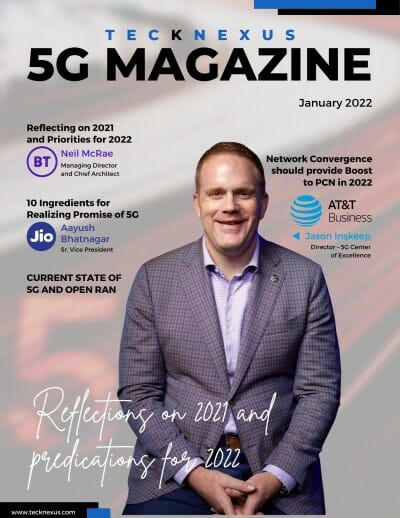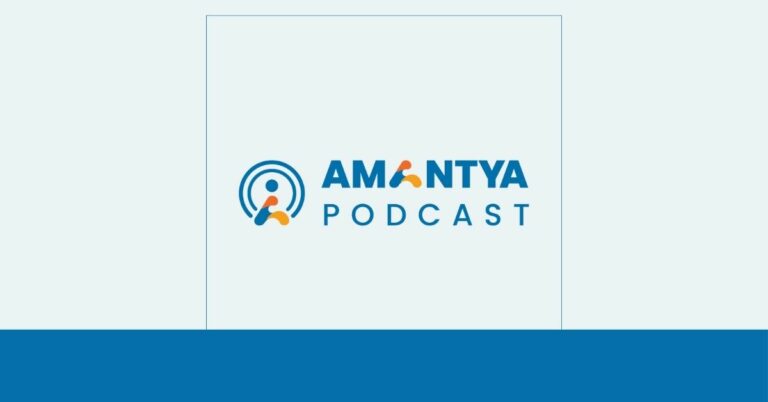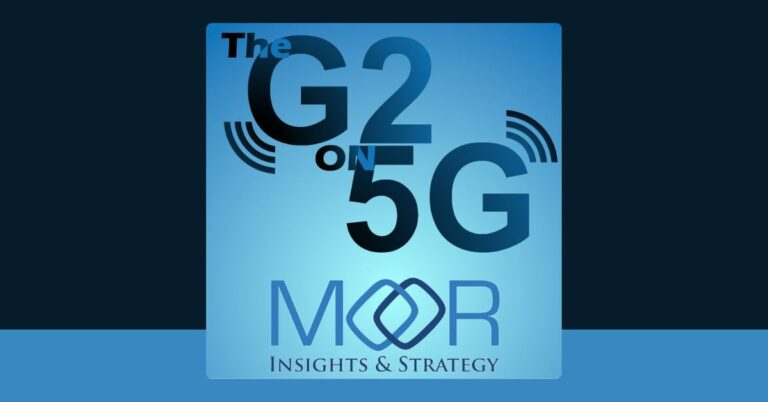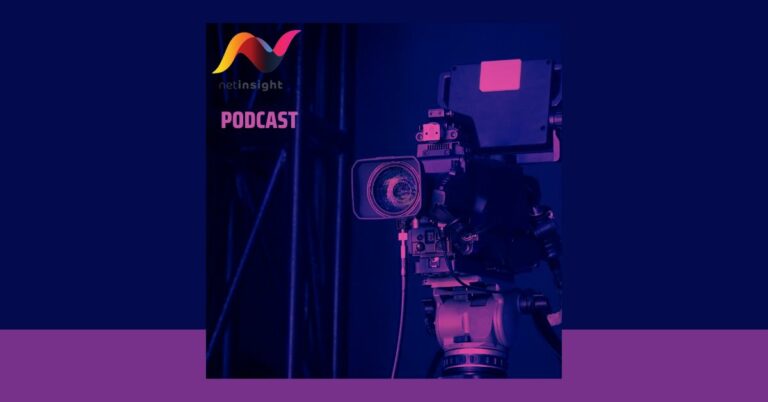British Telecom has announced it will deploy a private network at the northeastern port of Tyne in Britain and is expected to go live later this year. The private 5G network will provide fast and low latency connectivity across the port’s facilities.
Use Cases
The private 5G network will enable the port of Tyne and its customers to take advantage of advanced technology, including robotics and autonomous vehicles, artificial intelligence (AI), and Internet of Things (IoT) applications.
The quayside operational optimization program and OCR container tracking are the two use cases prioritized for immediate deployment. Both the use cases will significantly enhance supply chain efficiency for the port of Tyne customers with the installation of black box monitoring devices on cranes and other materials handling equipment to record usage patterns and enable a detailed performance analysis for continuous improvement programs. The OCR container tracking application will inspect the condition of containers and monitor entry and exit to the port.
Additional use cases will be deployed in the future with further expansion of 5G coverage.
Port of Tyne, British Telecom and Ericsson Partnership Benefits
Matt Beeton, CEO of the Port of Tyne said: “5G is an enabler and offers us huge potential to implement world-class technology applications and drive real progress in the port and maritime sectors. We already have a range of use case scenarios developed through the Innovation Hub and are ready to collaborate with technology companies to validate these exciting new solutions.”
Ashish Gupta, MD for corporate and public sector, at BT said: “We are delighted to be providing the Port of Tyne with a hybrid 4G and 5G Private Network and associated surveillance and smart technology, including IoT, that will make a huge difference for the port and its customers. The secure network we have installed with Ericsson, along with our fixed fiber infrastructure, will provide the foundation to revolutionize many operations across the site – including automating processes and creating efficiencies. By leveraging the high bandwidth, low latency networks we can use surveillance cameras, advanced analytics and artificial intelligence to check for damage to containers for example. We can also use IoT sensors to deliver benefits in the use of heavy plant and machinery,” Gupta added.
The private 5G network deployment will give the port of Tyne the potential to connect thousands of devices simultaneously in a small area using smart meters and IoT sensors to monitor conditions and identify inefficient processes which can be immediately addressed.










































